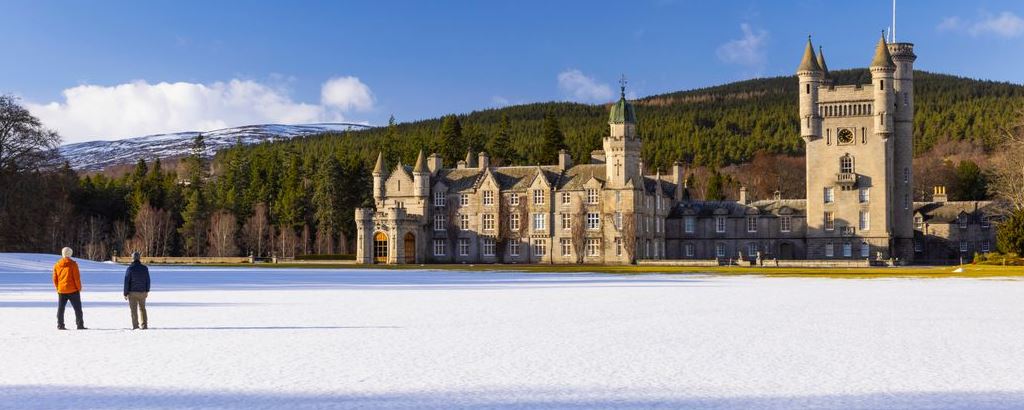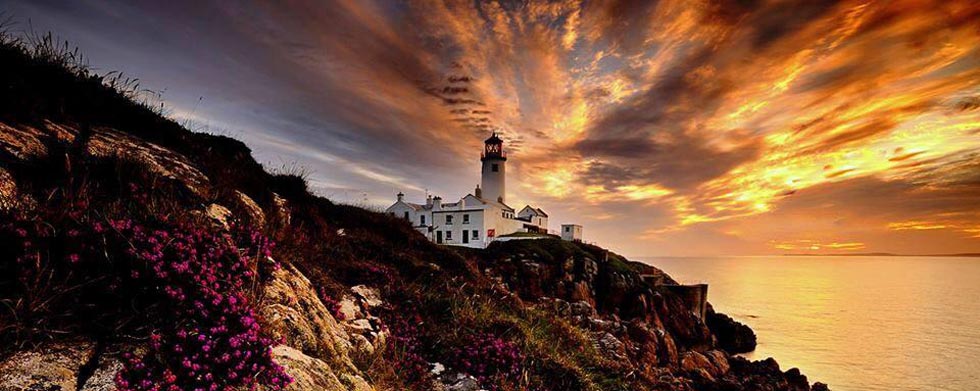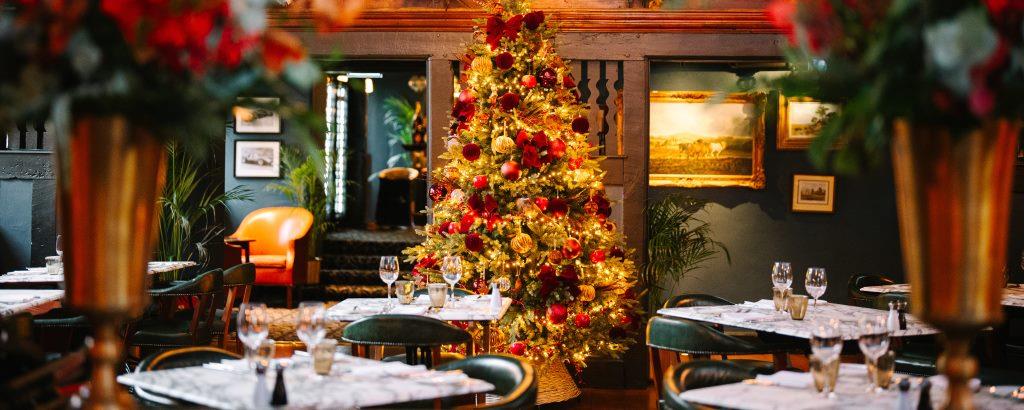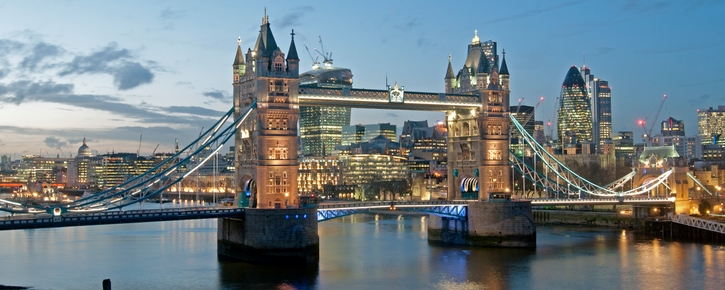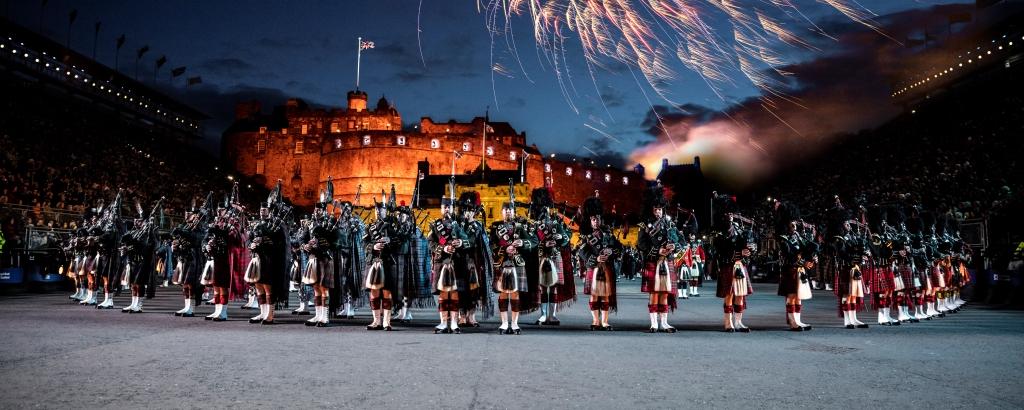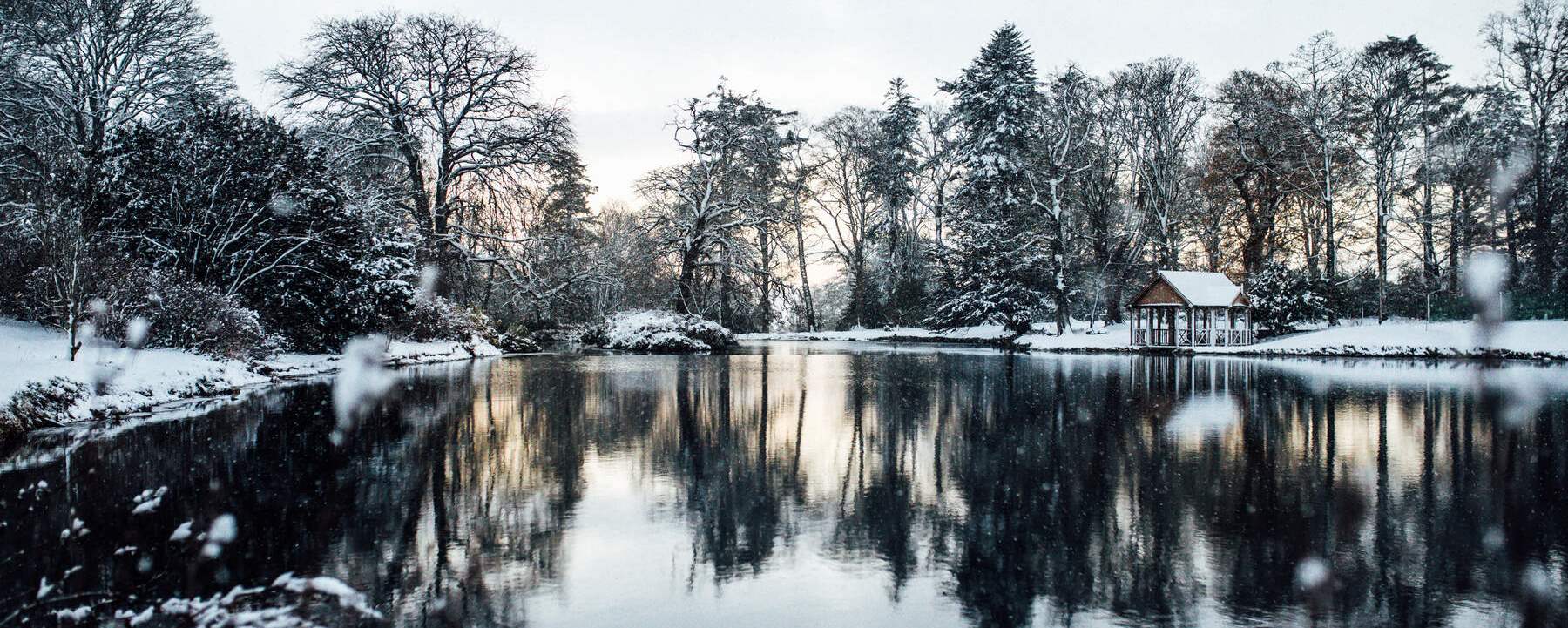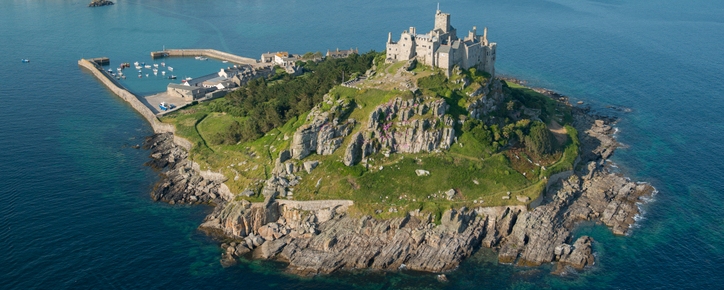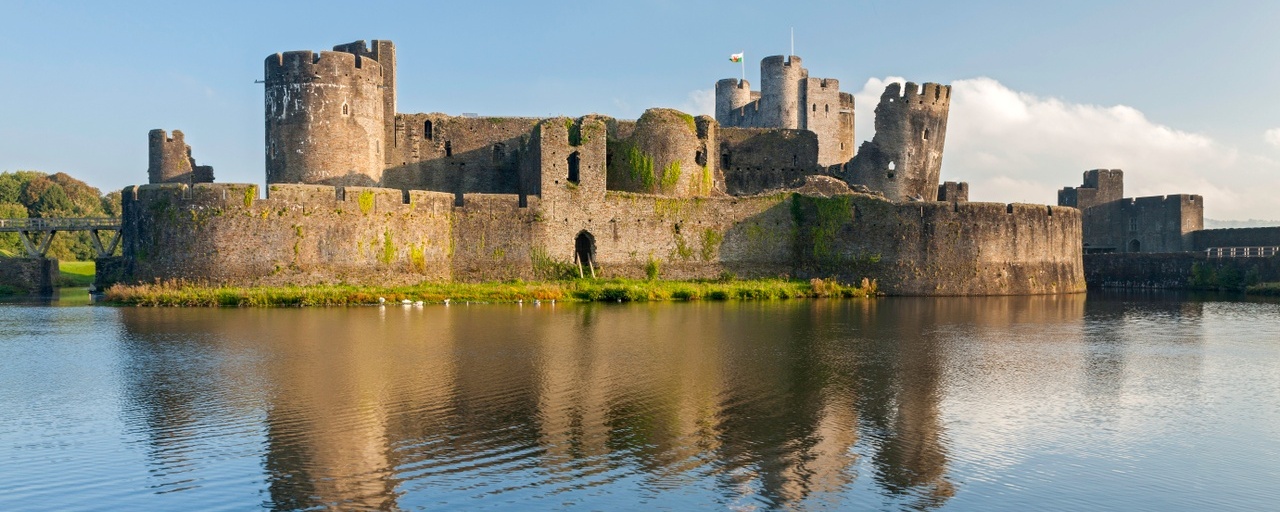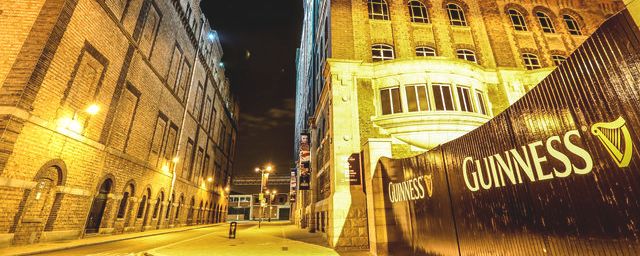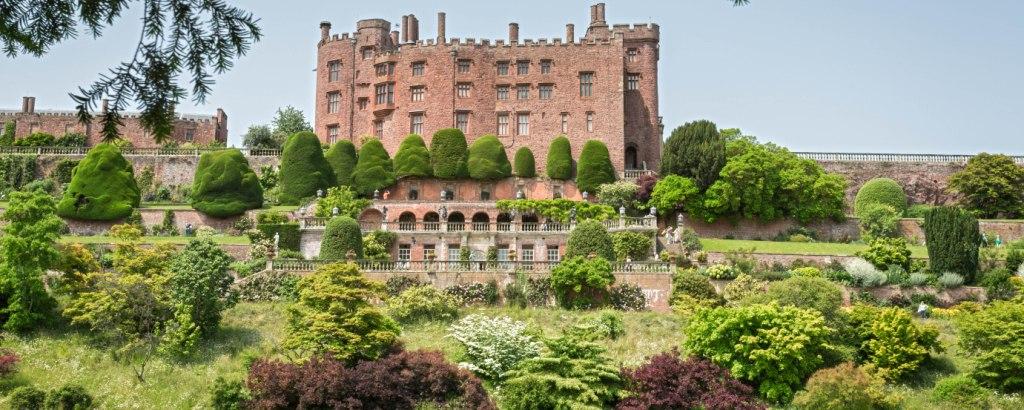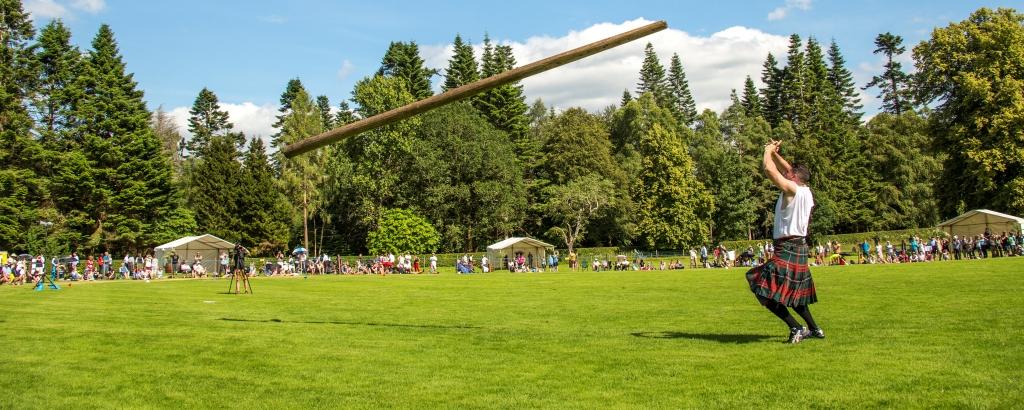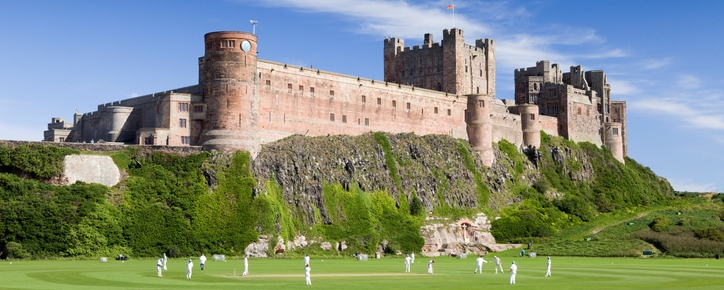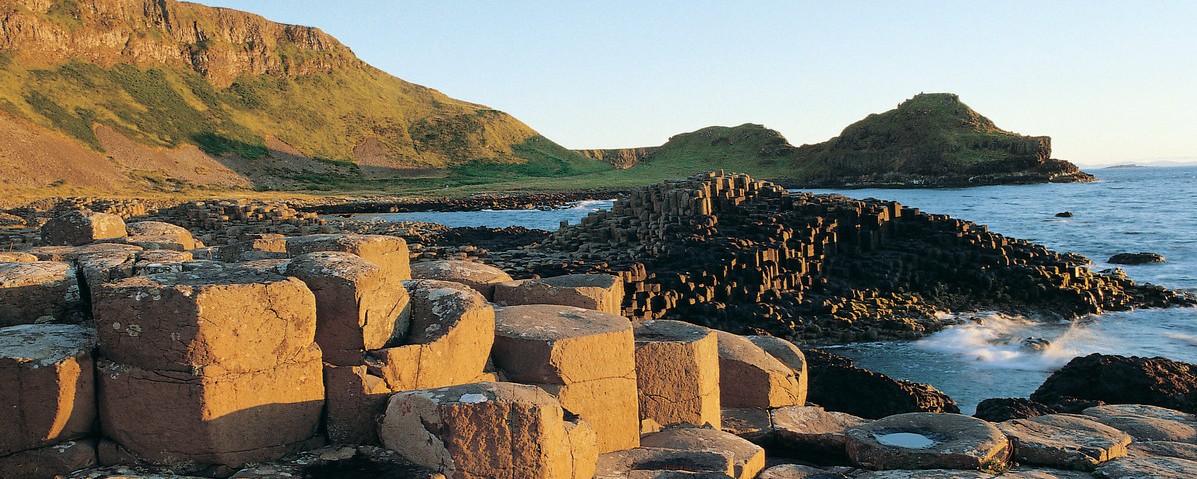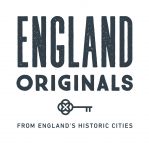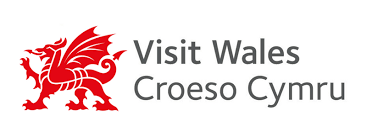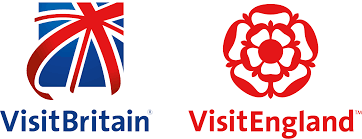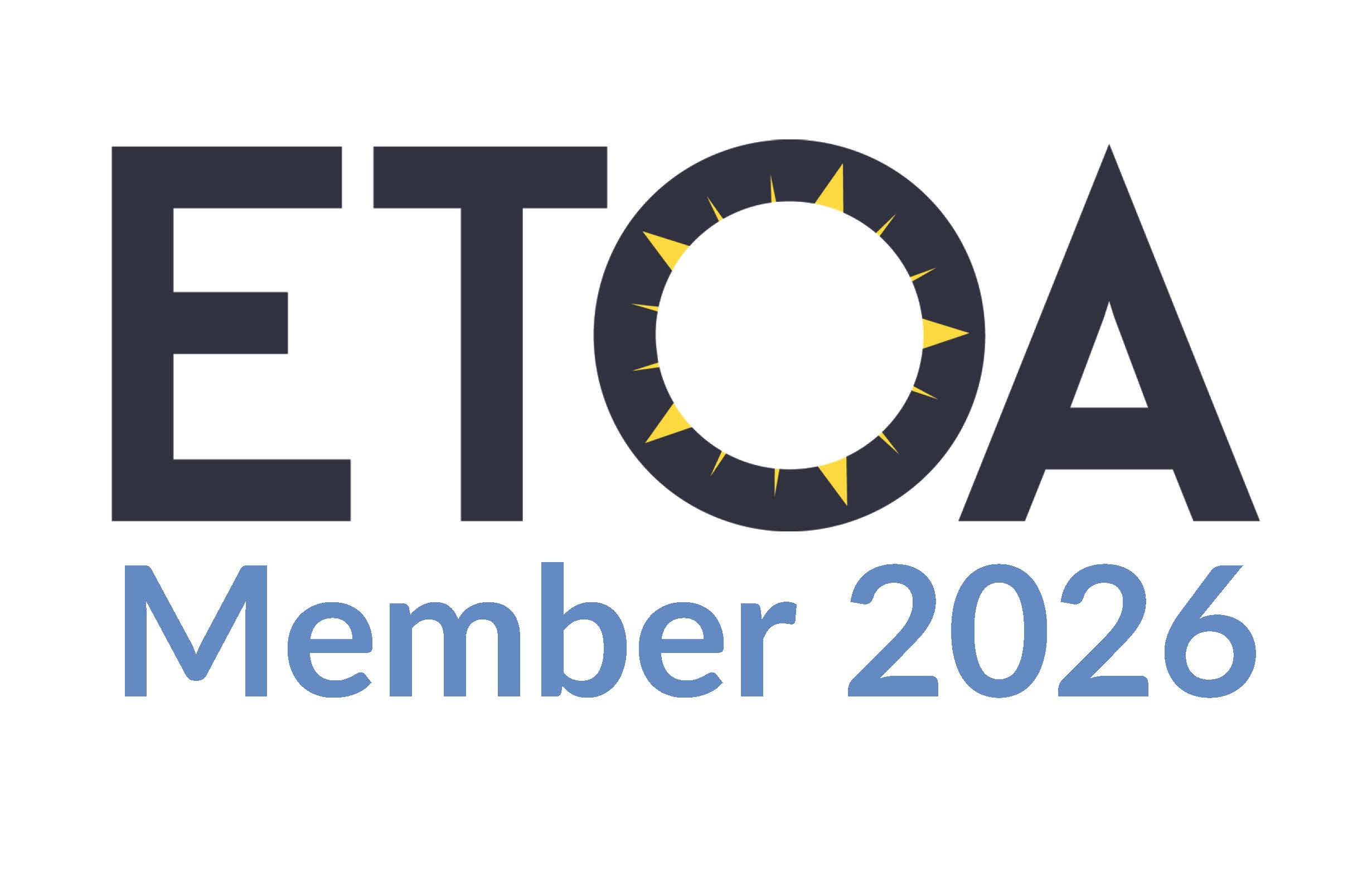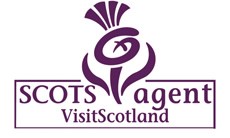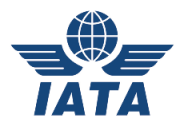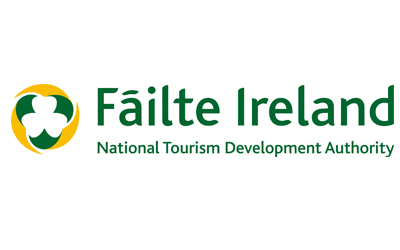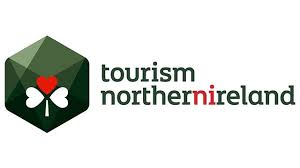Discovery of rare medieval music brings sound of monks back to Devon abbey
For the first time in nearly five centuries, Buckland Abbey in Devon, in south west England, will resonate once more with the sacred sounds of monastic music.
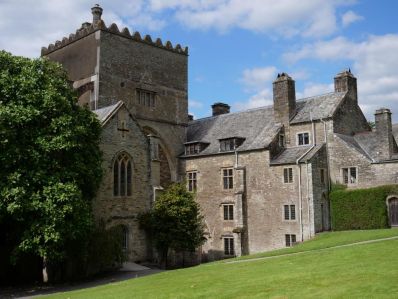 The west front of Buckland Abbey, Devon © National Trust Images, Sarah Davis
The west front of Buckland Abbey, Devon © National Trust Images, Sarah Davis
The Cistercian abbey, now in the care of the National Trust, was once alive with music, the resident monks and choirboys singing for hours every day. But it fell silent at the Dissolution of the Monasteries, when every abbey and priory in England was shut down by King Henry VIII.
Now, a centuries-old book once owned and used by the abbey, part of the British Library’s collection, will return on loan to Buckland Abbey for the first time since the Dissolution with its music heard once more thanks to the University of Exeter Chapel Choir.
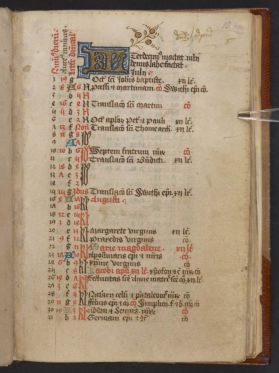 An illuminated page from the Buckland Book, once used daily by the monks of Buckland Abbey. From the British Library Collection (Harley MS 2931 folio 10 recto)
An illuminated page from the Buckland Book, once used daily by the monks of Buckland Abbey. From the British Library Collection (Harley MS 2931 folio 10 recto)
Known as a ‘customary’, the richly decorated Buckland Book (c. 1450) contained the instructions the monks needed to carry out their daily religious rituals and services. But unusually, it also contains a rare collection of medieval music copied and added to the book in the early Tudor period.
University of Exeter historian, Professor James Clark, first noticed this while researching Buckland Abbey’s monastic past on behalf of the National Trust. Hardly any of the music performed in England’s medieval monasteries now survives because their books were lost or destroyed during the Tudor Reformation.
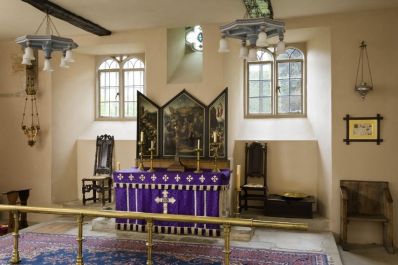 The Chapel at Buckland Abbey, Devon © National Trust Images, Andreas von Einsiedel
The Chapel at Buckland Abbey, Devon © National Trust Images, Andreas von Einsiedel
Buckland Abbey dates back to 1278, when it was founded as a Cistercian monastery - the last one built in England and Wales. For more than 250 years, monks farmed the vast estate and Buckland remained an abbey until 1539 and the Dissolution of the Monasteries by King Henry VIII. The abbey then became a grand Tudor house, once home to famous seafarers Sir Francis Drake and Sir Richard Grenville. As well as the house, visitors today can see the medieval Tithe Barn and the Elizabethan Garden, as well as enjoying ancient woodlands with far-reaching views of the Tamar Valley.
The music in the Buckland Book is in a style called ‘plainchant’, with single lines of music for monks or priests to sing all together. But what makes the music more unusual is that rather than following the rigid liturgical structure of the time, with particular pieces sung at different times of the day, the monks curated a unique sequence of chants drawn from various sources.
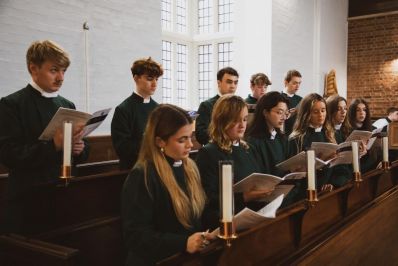 Scholars of the University of Exeter Chapel Choir © The University of Exeter
Scholars of the University of Exeter Chapel Choir © The University of Exeter
National Trust Research Officer and music historian Daisy Gibbs said: “Whoever compiled this collection seems to have been unusually creative, pulling together words and music from many different sources.
“The pieces found in the book ask for God’s mercy, forgiveness and protection from harm. They share a real feeling of anxiety and fear. It looks as though they were once sung as a complete sequence, perhaps to help the monks through a crisis of some kind.”
The National Trust is Europe’s largest conservation charity and cares for more than 250,000 hectares of countryside, 890 miles of coastline, 1 million collection items and 500 historic properties, gardens and nature reserves.
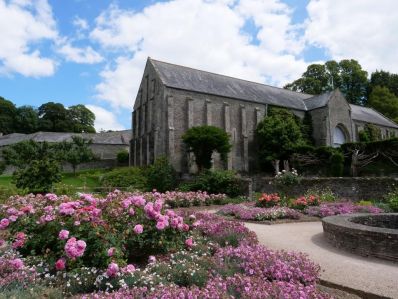 View of the Great Barn from the garden at Buckland Abbey © National Trust Images, Sarah Davis
View of the Great Barn from the garden at Buckland Abbey © National Trust Images, Sarah Davis
One suggestion is that the music was intended as a response to the sweating sickness, which broke out repeatedly in Tudor England. It was lethal – often killing its victims within 24 hours – and seemed to target young and middle-aged men. Henry VIII’s Chief Minister, Thomas Cromwell, lost his wife and two daughters to the disease.
The Buckland music is also unusual because the name of the abbey’s choir master and organist from this time is mentioned. Robert Derkeham began living and working at the monastery in 1522 and stayed there for more than 15 years, until it closed and he was pensioned off. It’s exceptionally rare to be able to connect a book of medieval music like this with the specific musician who performed it.
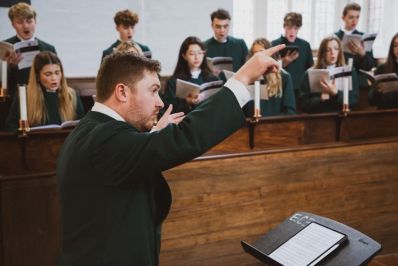 Michael Graham conducts the University of Exeter Chapel Choir © University of Exeter Chapel Choir
Michael Graham conducts the University of Exeter Chapel Choir © University of Exeter Chapel Choir
Working in partnership, the National Trust and university researchers have now transcribed the music for its first performance in nearly five centuries. The University of Exeter Chapel Choir has recorded the music, bringing the voices of the long-lost monks back to life.
The recording will form part of the soundtrack to a new exhibition featuring the Buckland Book, 'Opening the Buckland Book: Music and community in a Tudor monastery', which runs until the end of October 2025. The University of Exeter Chapel Choir will also perform the music live in Buckland Abbey’s medieval Great Barn on 16 and 17 August.
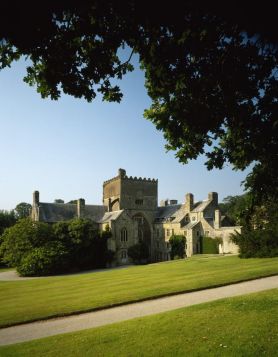 View of the south front of Buckland Abbey © National Trust Images, George Wright
View of the south front of Buckland Abbey © National Trust Images, George Wright
Professor Clark said: “Having searched the archives for traces of England’s lost abbeys, it is very exciting to recover something of their sound. Before the Tudor Reformation, in every part of England and Wales there were places like this dedicated to creative music-making and performance. Through this research we can now learn much more about this tradition and what it meant not only for the musicians but also for the surrounding communities that shared in their art.”
Daisy Gibbs concluded: “There’s still work to be done to find out what happened to the Buckland Book between the closure of the abbey and when it was acquired by the Harley family in the 1720s, before being sold to the British Museum in 1753. Perhaps one of the monks took the book with him, and it remained quietly on a shelf after the hoped-for reversal of the Dissolution didn’t come.
“It’s possible we’ll never know. But we feel very privileged that our work with the University of Exeter and the British Library has allowed us to bring the voices of those monks and choirboys back to life.”
If you or your group would like to enjoy a visit to Buckland Abbey in Devon as part of a tailor-made our of England, please do contact us. Or perhaps you would like to take a pilgrimage or religious tour? If so, we can help.
